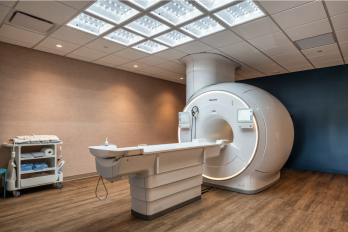Issue 18: Matters of the heart
With heart disease being the leading cause of death in the United States, it's more important than ever to learn how you can prevent it. Here are five articles on the topic of heart health covering everything from the relationship between sleep and your heart to the evidence on intermittent fasting.

According to the CDC, 659,000 people die from heart disease each year, making this the leading cause of death in the United States.
While medical conditions such as diabetes put people at a higher risk for heart disease, other key risk factors like high blood pressure, high cholesterol, and excess weight also contribute to this sobering statistic - and often have no symptoms.
This issue is all about keeping your ticker in tip-top condition. From fiber intake to sauna, here are science-backed strategies for improving your heart health without medication.
And don’t forget—it’s never too early to start thinking about your heart health. Risk factors such as cholesterol levels tend to increase with age, so by implementing healthful habits now, you can help stave-off unwanted symptoms in the years to come.
1. How to increase HDL without medication.
High HDL levels are associated with a reduced risk of atherosclerosis, stroke, and heart attack. Struggling with low HDL? Regular exercise and adequate fiber might help.
2. The price of sleep deprivation.
Excess weight is a well-known risk for heart disease. Now, research shows that inadequate sleep may lead to metabolic dysregulation and weight gain.

3. LDL cholesterol explained.
High LDL cholesterol puts you at increased risk for heart attack, stroke, and atherosclerosis. Booze, sugar, and animal fats could be the culprits.
4. Does fasting improve heart health and longevity?
Emerging research suggests that intermittent fasting has a positive impact on resting heart rate, total cholesterol, LDL cholesterol, and triglycerides, but it may not be right for everyone.
5. Saunas, baths, and heart health.
Regular baths and sauna use are associated with heart health benefits however they come with risks, especially as we age.

Keep forgetting to take your supplements? Here are our foolproof tricks.
Whether you want to lower your risk of disease, combat a vitamin deficiency, or improve your daily performance, taking the right supplements can enhance your overall health. However, you have to take them consistently to reap the benefits and this can be a challenge when your calendar is booked solid.
Disclaimer: The text, images, videos, and other media on this page are provided for informational purposes only and are not intended to treat, diagnose or replace personalized medical care.







